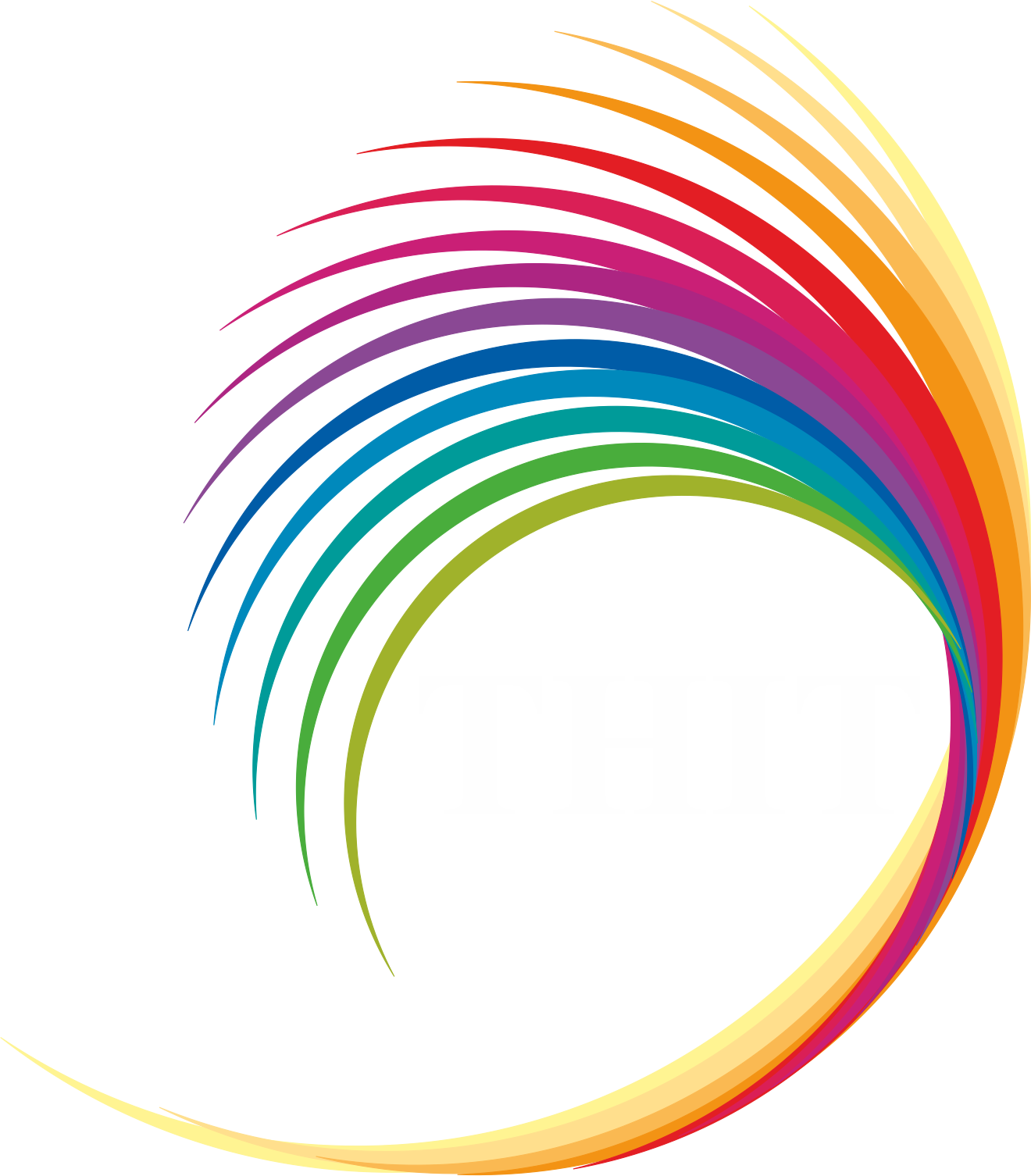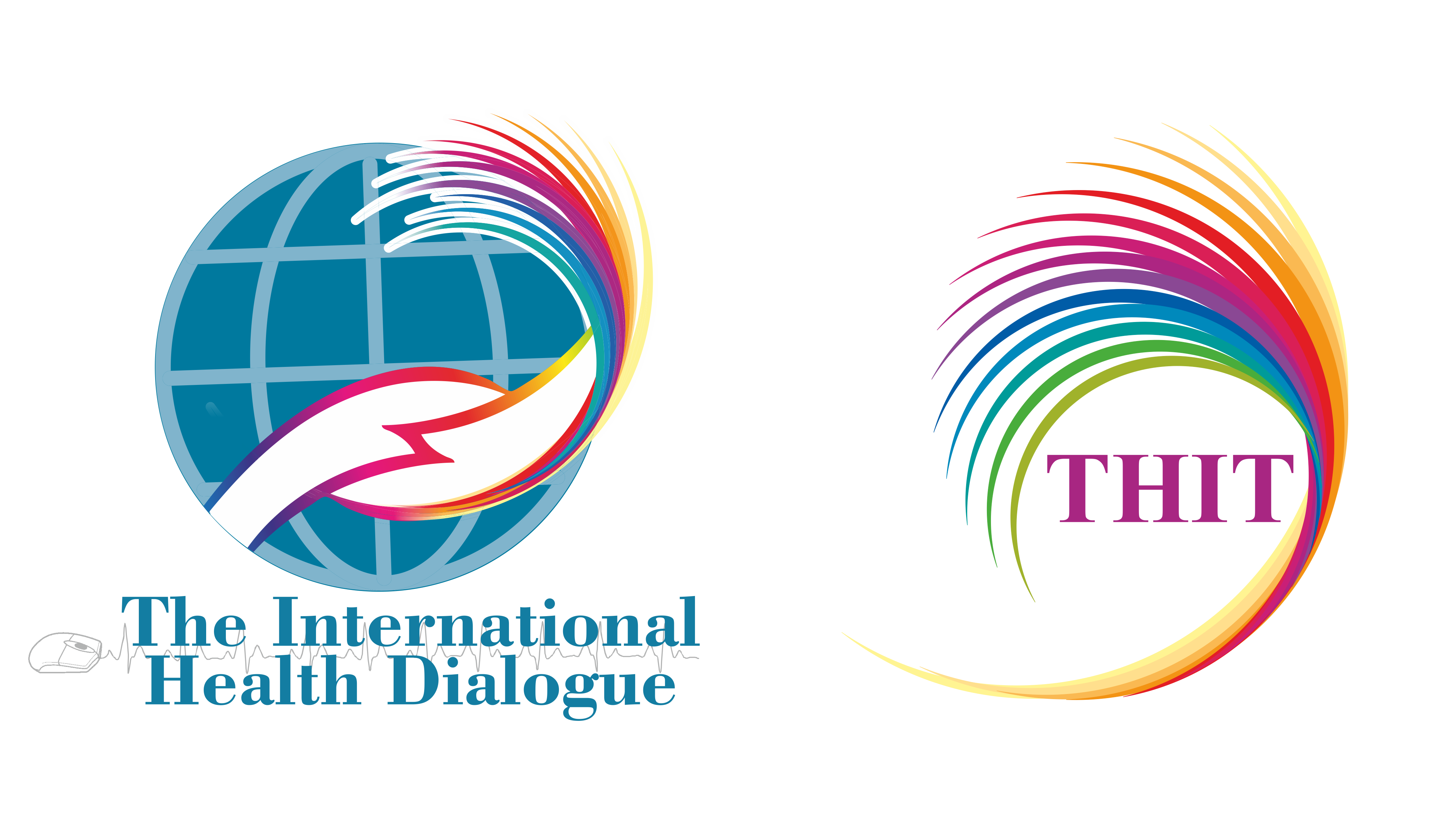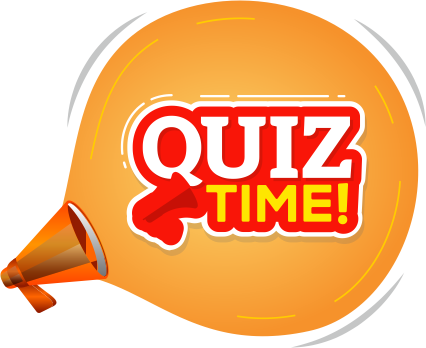Solvathon

About Solvathon
Join us at ‘Solvathon’ – an innovation journey hosted by Apollo Hospitals (Apollo Research & Innovations), IITACB and the THIT Conference, where students and startups converge to transform ideas into sustainable solutions. Embracing local resources and talent, we’re catalyzing change by challenging participants to convert their concepts into actionable projects that revolutionize healthcare. From February 22nd to 24th in Bengaluru, dive into 36 hours of intense collaboration, where innovation meets dedication. Together, let’s shape impactful projects that redefine healthcare through creativity, ingenuity, and community-driven solutions. Register now to immerse yourself in 36 hours of Non-stop Innovation!!
Timelines

Eligibility Criteria
Students enrolled in any medical, engineering or technical institution in India
Startups incubated at an Educational Institute
Team Size – 3-5 members (minimum 3 members per team)
- Team can have a Mentor (professors/entrepreneurs/established Startups) in addition to a 5 member team.
- It is recommended that teams have atleast 1 doctor/medical student as part of the team.
- For startups, it is recommended to include atleast 1 student in the team for them to gain experience from this program.
Explore Boundless Opportunities by winning our Solvathon

Problem Statements
Problem Statement: While international standards for the exchange, integration, sharing, and retrieval of electronic health information exist and are gaining popularity, not all devices follow these standards yet. For widespread adoption of remote care services there is a need to create a system that allows for data to be captured visually from patient monitoring systems (including but not limited to multi-parameter monitors, ventilators, syringe pumps, etc.) and transmitted to the cloud or server in standard formats. The display format for these devices varies widely and data is presented in both numerical and waveform formats at a high frequency. The ideal solution will allow for data to be captured accurately across a variety of devices, enable easy installation and customization in resource constrained areas and provide a data buffer to account for internet downtime.
Problem Statement: In the medical field, monitoring fluid accumulation in various drainage systems is crucial for patient care. However, current practices are limited to manual monitoring, primarily for fluids that drain continuously. This presents a significant challenge in effectively tracking and managing the fluid volume collected in specific containers. The most common drains include Ryles tubes, urinary catheters, intercostal drains (ICD), stomas, and for ascites management. The problem lies in the lack of remote monitoring capabilities, which restricts timely and accurate fluid management, essential for patient recovery and health.
Description: This hackathon invites innovators to develop a solution that enables remote monitoring of fluid accumulation in these medical drainage systems. The goal is to design a system that is not limited to continuous drainage fluids but can also accurately measure and report the volume of fluids collected in various containers. The solution should be versatile, catering to different types of drains like Ryles tubes, urinary catheters, ICDs, stomas, and ascites management systems. We encourage participants to integrate advanced technologies such as sensors, IoT, and data analytics to create a prototype that is efficient, user-friendly, and adheres to medical standards. The challenge is to enhance the current fluid monitoring practices, ensuring precision, reducing the need for manual checks, and ultimately improving patient care
Problem Statement: To assess the reliability and repeatability of the six minute walk distance and oxygen saturation variation, determined by an accelerometer/ GPS receiver and oximeter of a smart watch/fitness band in comparison to in-clinic based 6 minute walk tests.
Description: The COVID 19 pandemic has increased the implementation and integration of telemedicine into clinical practice, and thus, heightened the need for reliable objective remote monitoring for patients with chronic lung disease. A 6 minute walk test is a validated, outpatient based proxy assessment for endurance and aerobic capacity. It serves as a reliable tool for assessment of therapeutic response, and prognostication of patients with chronic respiratory ailments.
The utilization of an inbuilt accelerometer, GPS receiver and oximeter of a smartwatch; with a prior pretest device calibration to enhance accuracy; could be utilised as a surrogate to the conventional in-clinic 6 minute walk test in a telemedicine consult.
Problem Statement: To design, develop and demonstrate the functioning of a reliable, cost effective, high security, platform to facilitate good video conferencing when the bandwidth drops from 140 to 400 kbps when the contracted bandwidth is 512 kbps (1:1). This solution should also have capability to integrate through API level integration with 3rd party applications such as telemedicine and hospital management application such as EMR/HMIS, etc.
Other features:
- Archival of sessions with timestamping
- Capability to integrate with all possible standard A/V protocols such as SIP/HLS/RTSP etc. and devices in the market with capability manoeuvre PTZ and remote control
- Chat options
- Desktop sharing & controls
Problem Statement: To design, develop and demonstrate access of patient medical records using Ayush Bharat Digital Mission (ABDM) Unified Health Interface (UHI) for patient self-management, and share to doctors based on ABDM consent framework as and when requested by the doctor.
Description: Healthcare interaction (appointment or admission) results in reports generated for patients by the hospital. Patients are required to carry their health records when they move from one doctor to another as part of their care journey. While apps for Electronic Health Record management exist, Patients in rural areas tend to use only limited apps. There is a high resistance to downloading domain specific apps that solve infrequent problems in the daily life of a user. WhatsApp on the other hand is most ubiquitous and is used for multiple purposes apart from social conversations. WhatsApp also has business API to enable extending WhatsApp for Domain specific use cases. Ayushman Bharat Digital Mission (ABDM) has UHI with consent management baked in and their sandbox is available for development of apps on top of the framework.
Problem Statement: The task at hand is to craft an exceptionally organized website aggregating all publicly accessible health resources in India, providing seamless access for patients, healthcare providers, and researchers. The challenge involves designing a user-friendly, nation-wide, open-source based platform that consolidates diverse health information, including medical facilities, treatment guidelines, disease prevention and research publications. The aim is to create a Digital Public Infrastructure with integrated healthcare ecosystem, ensuring efficient decision-making, healthcare delivery, and research activities by using advance technological features like generative AI.
Background Information: The existing healthcare landscape in India lacks a centralized repository for health resources, causing inefficiencies in access for patients, providers, and researchers. The absence of a comprehensive platform hinders informed decision-making and collaborative research efforts. The platform intends to: –
- Create one-stop common repository of information
- A user-friendly information retrieval mechanism (bot, voice based, mobility friendly)
- A mechanism to self-enrich the contents based on community/expert feedback
This innovation seeks to bridge the existing gaps, promoting accessibility and enhancing the overall efficiency of healthcare delivery, research, and patient empowerment across the nation.
FAQ’s
Students enrolled in any medical, engineering or technical institution in India & Startups incubated at an Indian Educational Institute. Please refer to eligibility criteria for more details.
Yes, Rs. 5000/- per team. The fee includes Registration for Solvathon and Access to THIT event for all team members.
Each registered team can apply for only 1 problem statement
3 prizes: Rs 1Lac, Rs 50,000 & Rs 25,000
Solutions and Information provided by the participating teams will be shared only on a need-to-know basis within the relevant evaluation teams. If the solution is selected for co-development, then the solutions created & further developed with Apollo will be covered under a shared IP.
Please note, all participating teams will be asked to sign a confidential agreement as there will be business specific information shared by the Apollo Teams.
Each team will be responsible for their own transportation and other expenses to reach the Solvathon venue at IIT Alumni Centre Bangalore.
No, any costs incurred while developing the solution should be borne by the participants.
No, all teams are requested to bring and use their own laptops. Wi-fi/power facilities will be provided.
©Apollo Telemedicine Networking Foundation 2024 | All Rights Reserved.


